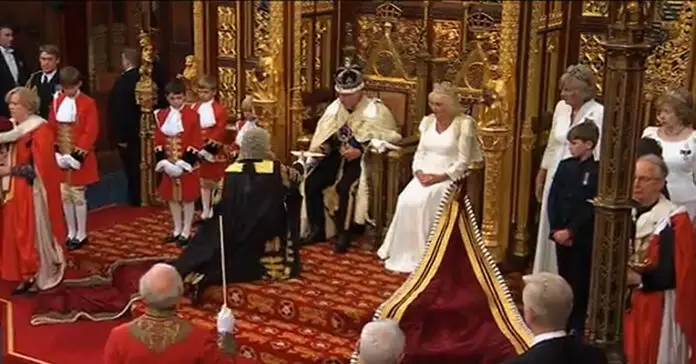On 17 July 2024, the new Labour Government outlined its legislative agenda in the King’s Speech. A key focus was employment law reform, a major campaign promise.
This article explores the proposed changes and their implications for workers and employers in the UK.
Employment Rights Bill
In the King’s Speech, the Employment Rights Bill was a central topic. This bill aims to implement Labour’s New Deal for Working People by introducing significant changes to employment legislation.
One of the main features is the ban on exploitative zero-hour contracts. This move is intended to provide workers with more security and predictable hours.
The bill also tackles ‘Fire and Rehire’ practices by offering effective remedies. It seeks to replace the previous government’s statutory code with stronger protections for employees.
Parental leave, sick pay, and protection from unfair dismissal will be available from day one of employment. Probationary periods for new hires will still be allowed, but these core benefits will be immediate.
Statutory Sick Pay will be strengthened by removing the lower earnings limit and the waiting period, ensuring all workers have access to this benefit from the start.
Flexible Working and New Mothers
Flexible working will become the default from day one for all employees. Employers will be required to accommodate this as far as is reasonable.
New protections for mothers are also included. It will be unlawful to dismiss a woman who has had a baby for six months after her return to work, except in specific circumstances.
These changes aim to provide a better work-life balance and support for working parents, enhancing their job security and satisfaction.
Single Enforcement Body and Fair Pay Agreements
A new Single Enforcement Body will be established. This body is expected to strengthen the enforcement of workplace rights effectively.
Additionally, a Fair Pay Agreement will be introduced in the adult social care sector. The Government will assess how this model can benefit other sectors in the future.
Reinstating the School Support Staff Negotiating Body is another priority. This aims to establish national terms, conditions, career progression routes, and fair pay rates for support staff.
Trade Union Legislation
The Government plans to update trade union legislation significantly. This includes removing unnecessary restrictions on trade union activity.
The previous government’s approach to minimum service levels will be reviewed. The focus will be on ensuring industrial relations are based on good faith negotiations.
The process for statutory recognition will be simplified. A regulated route will be introduced to ensure workers and union members can reasonably access union representation within workplaces.
Tackling Insecure Work and Enhancing Pay
The Briefing Notes highlight an increase in less secure forms of work, such as zero-hour contracts, which have risen to over 1 million in the past decade.
The Employment Rights Bill aims to provide additional security and predictability for these workers, making job conditions more stable and reliable.
Extending protections to workers from day one is another critical component. This change is expected to encourage job-switching, which is associated with higher wages and productivity growth.
The Government also intends to deliver a genuine living wage that accounts for the cost of living, removing discriminatory age bands in the process.
Draft Equality (Race and Disability) Bill
The Draft Equality (Race and Disability) Bill is part of the Government’s effort to break down barriers to opportunity.
This bill aims to tackle inequality for ethnic minorities and disabled people. It will enshrine the full right to equal pay in law, making it easier to bring unequal pay claims.
Mandatory ethnicity and disability pay reporting will be required for larger employers (250+ employees). This will expose any pay gaps and help companies address them effectively.
Implementation Timeline
The Government is committed to rapid implementation of these reforms. The Employment Rights Bill is expected to be introduced within the first 100 days of the new Parliament, possibly by mid-October 2024.
Meanwhile, the Draft Equality (Race and Disability) Bill will take longer to develop and implement, but significant changes are undoubtedly on the horizon.
The Labour Government’s proposed employment law reforms mark a significant shift in worker rights and protections. The changes aim to create a fairer and more secure working environment for all.
As these bills progress through Parliament, workers and employers alike will need to stay informed and prepared for the upcoming changes. The focus on equality, fairness, and security highlights a new direction for employment law in the UK.

